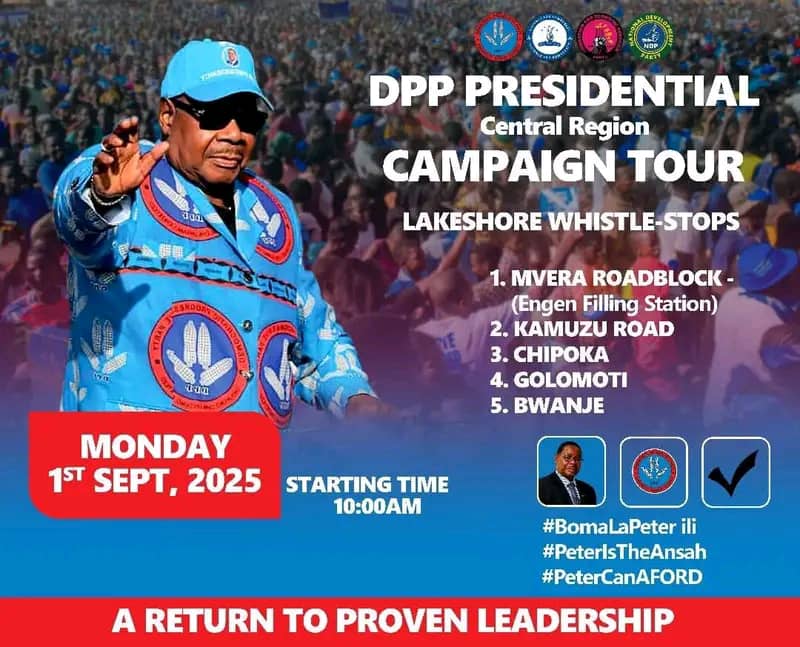By Burnett Munthali | Malawi Freedom Network
Zambian politics is entering a highly charged phase as the 2026 elections approach.
Public discourse, particularly on social media and televised debates, reflects a complex mix of passion, frustration, and high expectations among citizens.
The discussion above illustrates how emotional investment in political figures like Hakainde Hichilema (HH) and the late Edgar Chagwa Lungu (ECL) is deeply intertwined with national identity, party loyalty, and recent electoral experiences.
Supporters of UPND express unwavering confidence in their leadership, framing it as both a moral and patriotic imperative.
Meanwhile, opposition voices, particularly those aligned with the Patriotic Front (PF), convey anxiety, resentment, and a sense of historical grievance, revealing the lingering impact of past governance failures.
The emotional intensity evident in these debates underscores a broader challenge in Zambian politics: balancing fervent political engagement with reasoned discourse.
Repeated references to past elections, perceived injustices, and personal loyalty highlight how historical narratives continue to shape present-day political debates.
Expressions of frustration, insults, and ad hominem attacks reflect the difficulties citizens face in separating individual personalities from institutional performance.
Women’s participation in political debates, celebrated here as bold and assertive, demonstrates the growing influence of female voices in shaping public opinion and policy discussions.
At the same time, emotional overreactions risk clouding judgment, potentially reducing complex political issues to personal vendettas or symbolic victories.
The conversation also reveals a generational tension, with younger voters emphasizing vigilance, accountability, and the need to prevent perceived electoral manipulation.
Calls for patience and acceptance of democratic outcomes underscore the importance of civic education and respect for the rule of law.
The debate highlights the dual nature of Zambian democracy: passionate civic engagement on one hand, and the need for rational, informed decision-making on the other.
Political analysts and observers must recognize that public sentiment, however emotional, carries legitimate insights into governance, service delivery, and leadership credibility.
Ultimately, the 2026 elections will test Zambia’s capacity to reconcile emotional investment with democratic principles, ensuring that the electorate’s voice is respected and the political process remains transparent.
If citizens, parties, and institutions can channel emotion into constructive dialogue, Zambia’s democracy will not only survive but strengthen in the face of intense political competition.
Support our coverage
If you found this story valuable, consider sitting our newsroom. Your donation helps us continue retiring reporting in critical local issues. Donate Now




